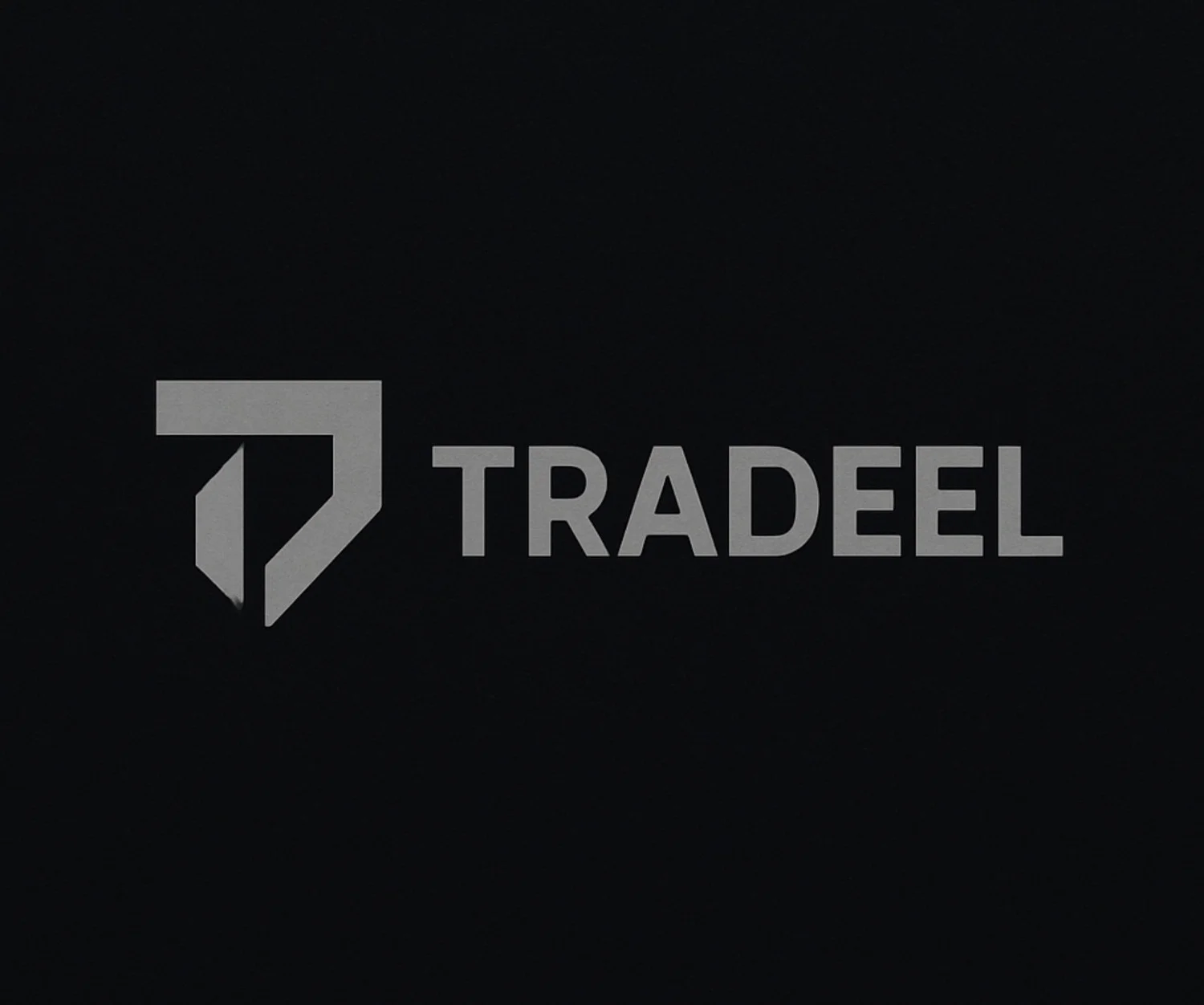Digital payments are the heartbeat of modern FinTech. Whether a startup is launching a marketplace, a SaaS company is enabling subscriptions, or a cross-border platform is moving millions daily, payment infrastructure is at the core. As a FinTech consultant, understanding how to design, evaluate, and optimize payment flows is critical.
What Is a Payment Gateway?
A payment gateway is a technology platform that facilitates the secure transfer of transaction data between a merchant, customer, and acquiring bank. It acts as a bridge between the customer’s payment method and the merchant’s system. Common players include:
• Stripe
• Square
• Adyen
• Corefy
• PayPal
• Braintree
• Mollie
Key Components of Digital Infrastructure
• Authorization & Settlement: How funds are approved and cleared
• Tokenization & PCI Compliance: Secure storage of card data
• Multi-currency & FX Support: Handling payments in various currencies
• Gateway vs Processor: Understanding their distinct roles
• Payout Systems: ACH, SEPA, Wire, and Real-Time Rails
Typical Use Cases
• E-commerce checkout integrations
• SaaS recurring billing
• High-risk merchant setups
• Cross-border marketplaces and local acquiring
• Subscription & microtransaction-based apps
Technical Implementation
• API integration (RESTful APIs, SDKs, Webhooks)
• Plug-ins (Shopify, WooCommerce, Magento, etc.)
• Fraud detection tools & transaction scoring
• 3DS2, AVS, CVV handling for risk mitigation
The Consultant’s Role
Your responsibility as a consultant is to:
• Evaluate the client’s business model and geography
• Recommend the optimal gateway(s) and processors
• Oversee integration between front-end and back-end systems
• Create operational guides for client teams
• Monitor post-integration performance: declines, chargebacks, latency
You are the architect who ensures that revenue can flow without friction, while maintaining compliance and scalability.
By the end of this lesson, you’ll be able to:
• Explain the function of a payment gateway
• Distinguish between gateway, processor, and acquirer
• Identify key use cases and implementation models
• Understand integration, risk, and scalability factors
• Advise clients on optimal payment stack architecture


